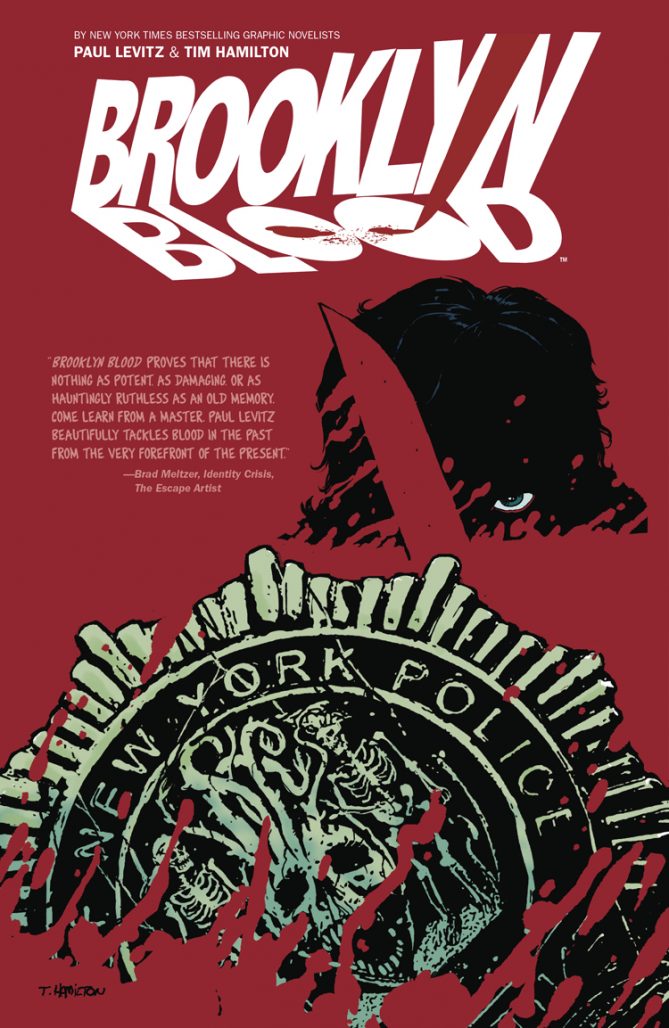
Previously serialized in the pages of Dark Horse Presents, Brooklyn Blood is a murder mystery that casts the parts of New York tourists don’t always see, as an invaluable character. Told through the PTSD suffering eyes of detective Billy O’Connor, the war veteran must investigate a series of grizzly almost occult murders. Billy’s debilitating illness goes at odds with reality as the investigation causes Billy and the audience to question his grasp on reality. Can O’Connor overcome his demons in order to save lives hanging in the balance? It’s a rewarding answer to find out if you missed Brooklyn Blood the first time around. We got to find out Paul Levitz’s thoughts on continuing to write comics and the excitement leading into this weekend’s Eisner Awards.
COMICS BEAT: Over your decades in the comics industry, you’ve been known mostly for superhero books. As a storyteller was Brooklyn Blood a challenge you put on yourself or was this a tale you always wanted to tell?
PAUL LEVITZ: On some level it was a challenge–stretching always is–but mostly it was taking advantage of the expanded range of possibilities for graphic novels to do something in a genre (police procedurals/mysteries) that I’ve loved since childhood, and wasn’t available to me during most of my writing career at DC.
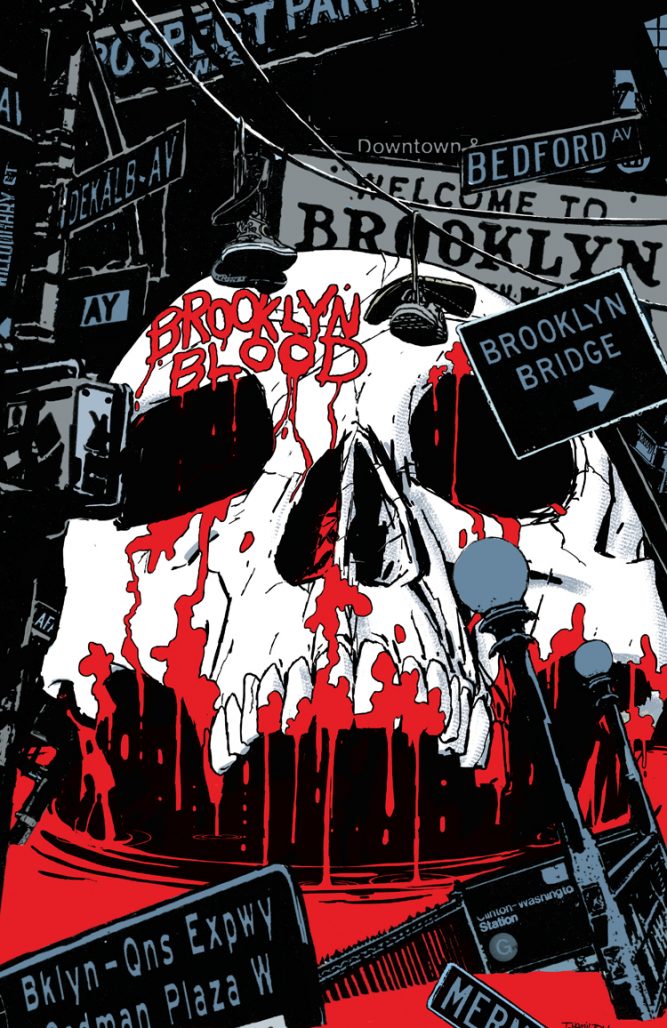
COMICS BEAT: Much of the New York we get to see in the book isn’t the tourism commercial some stories tell, it shows a deeply personal side of the island. The nods to incidents like the Miller Field crash give this story an eerie layer I can’t remember feeling in any other book. Being from New York, how were you exposed to stories of horrible incidents like that?
PAUL LEVITZ: It amazes me how oblivious I was as a child, not simply to disasters like the plane crash, but to much of what was going on at the time in NY and the country (the civil rights struggles of the time, Vietnam). Although I read the NY Times student edition that came out every week (basically the old ‘Week In Review’ slightly reconfigured for classrooms), somehow I was immunized to many traumas around me. As I got older, and learned more about the city’s history, the rich layers of it fascinated me.
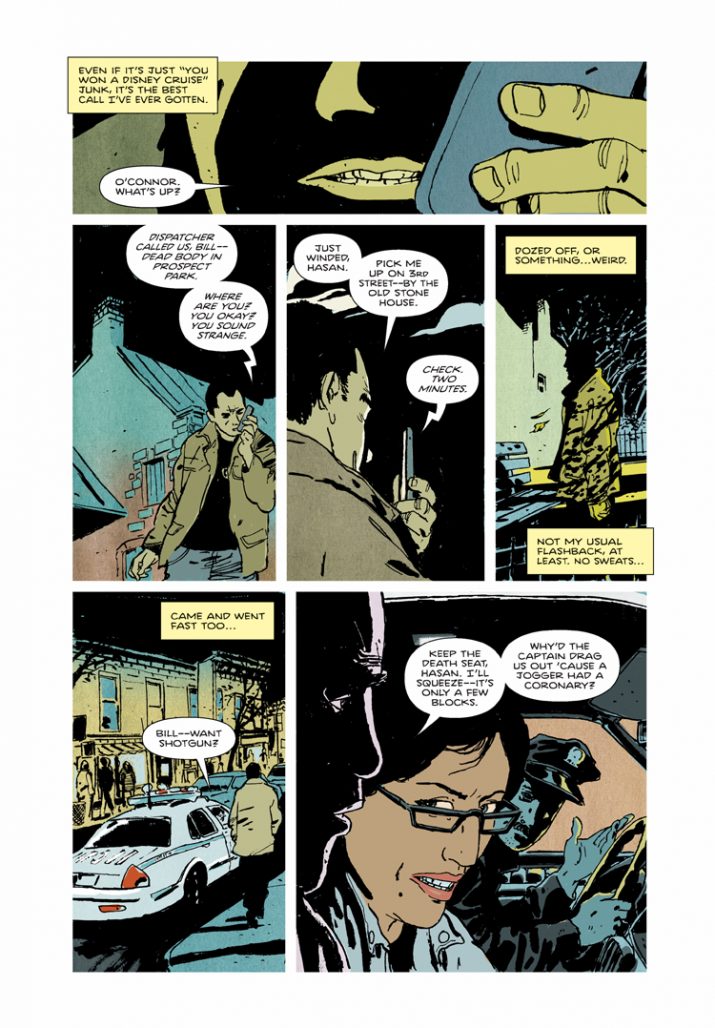
COMICS BEAT: Billy O’ Connor suffers from a mental illness that according to the latest figure, nearly 8% of the population experiences. It’s handled quite amicably in this story, defining Billy without dehumanizing him. As a storyteller, how do you approach potential hot-button traits in characters?
PAUL LEVITZ: The experiences that we’ve had, good and ill, are a major part of what defines us as people, and for characters nurture (experience) has to win over nature (genetics) since there’s no real biological history. I always look at the lives my characters lived to shape them, and based on the little I know of the military experience (in Afghanistan or elsewhere), it’s a powerful thread that shouldn’t be ignored.
COMICS BEAT: Finally, with SDCC approaching and you being on the short-list for the Eisner Hall of Fame Award, I wanted to get your thoughts going into next weekend. To someone who’s had every job from creative to business and had a hand in the careers of creators such as Byrne, Perez, Moore, and Wolfman; what would being recognized in the Eisner’s Hall of Fame mean to you and the legacy you’ve left on the comic book industry?
PAUL LEVITZ: I’m incredibly honored to be nominated and on a list with Thomas Nast??? How in the world do I belong with the man who defined American images of Santa Claus, the political parties and so much more. While I don’t expect to be elected, if I ever do make the HOF, it would be a wonderful honor to join so many of my mentors, friends and heroes who are already in it. I had the great luck to come into the industry when I could learn from so many people who are now in the HOF (I’ve described it previously as the equivalent of having been the batboy to the Yankee’s Murderers’ Row).
COMICS BEAT: Best to you at the awards this week and everyone should go and check out Brooklyn Blood, available in comic book stores this week.
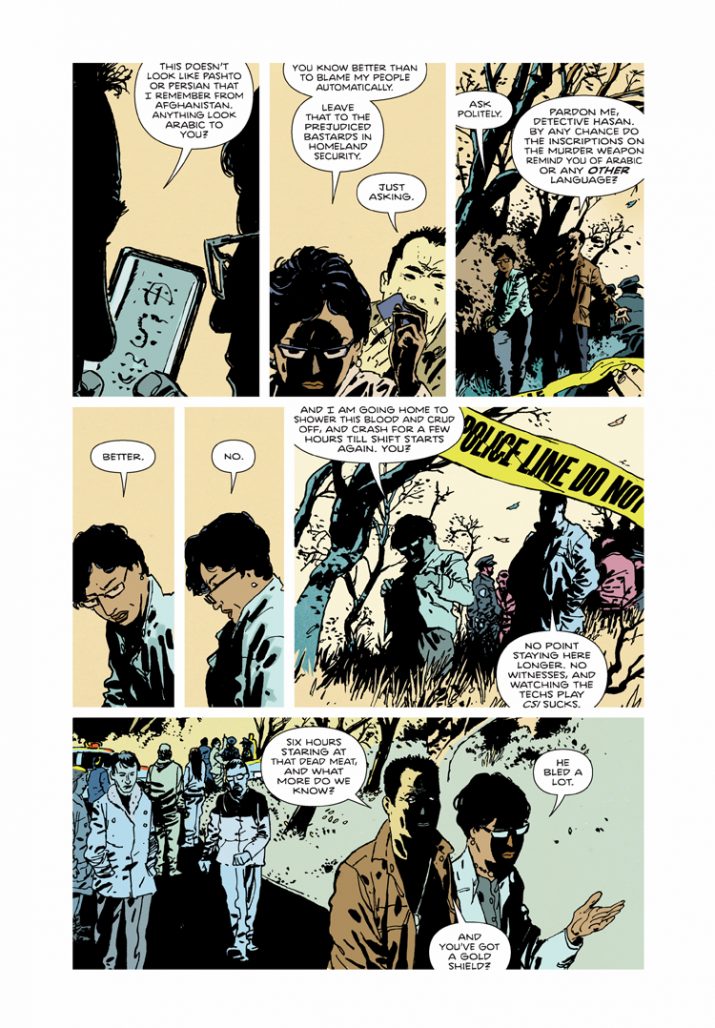


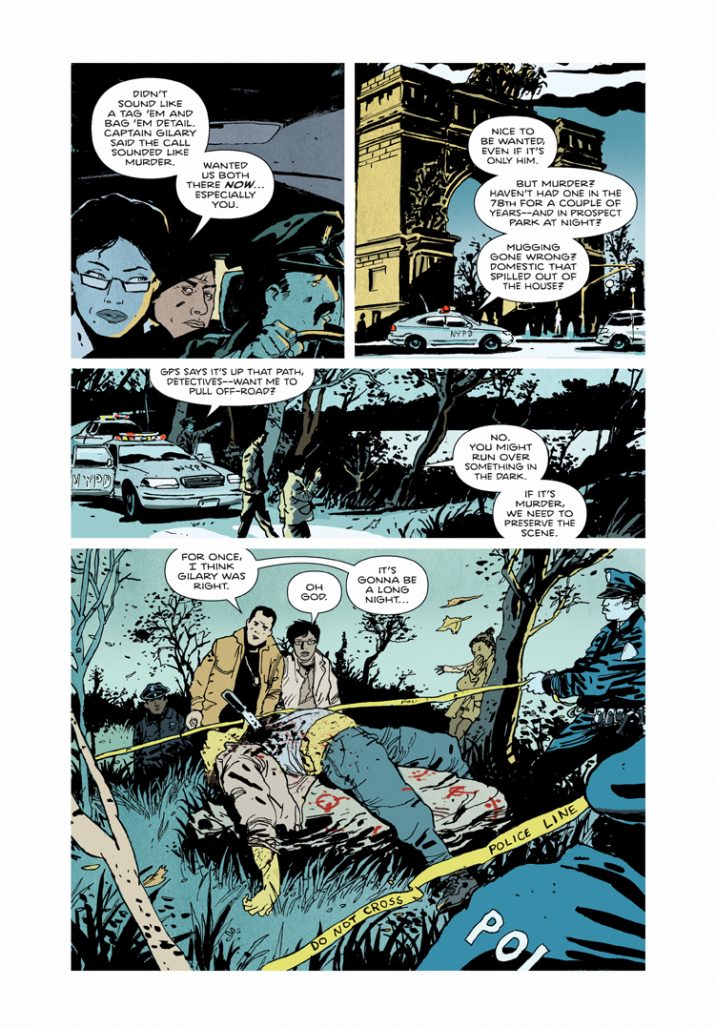

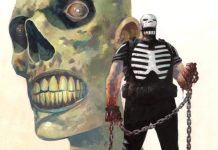

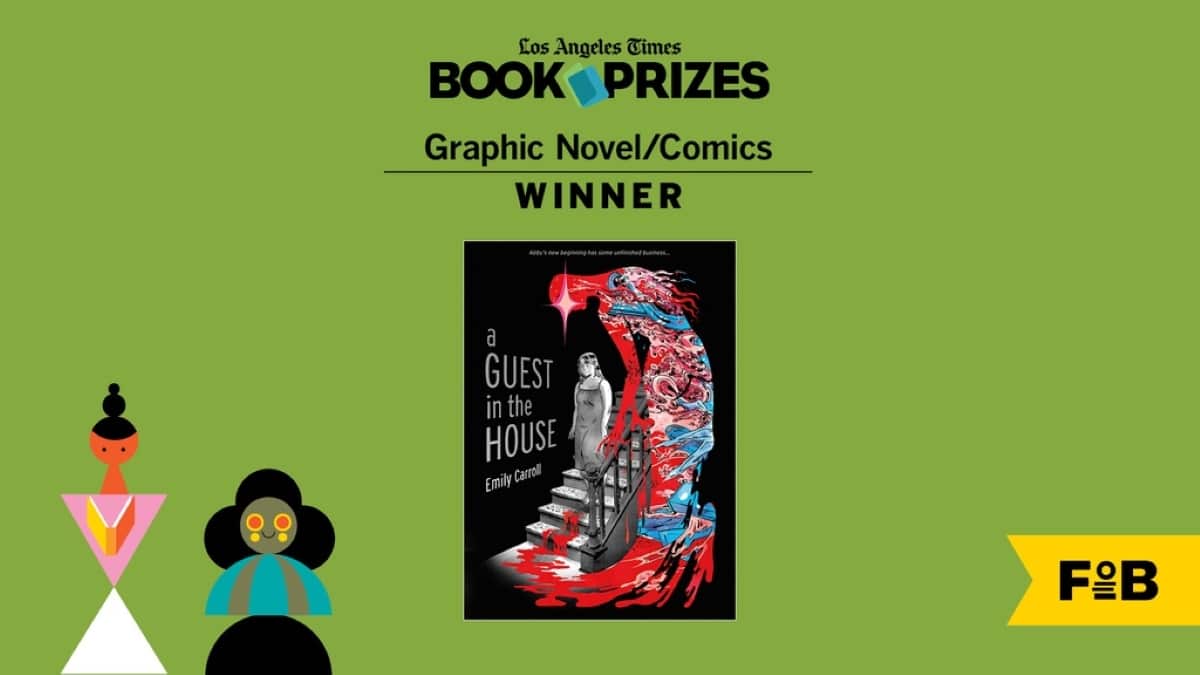

I really enjoyed BROOKLYN BLOOD while it was being serialized. I look forward to the collected edition.
Not one single mention of the artist, TIM HAMILTON, by Levitz or the interviewer? C’mon, BEAT, you’re better than that!
Comments are closed.